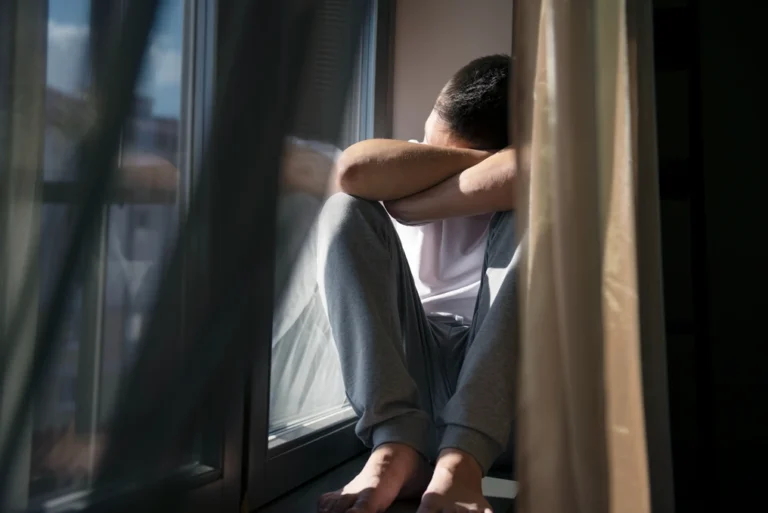Have you ever questioned whether your persistent feelings of sadness or emptiness are signs of depression? What if unmistakable warning signs existed, enabling you to distinguish between a temporary rough patch and a potentially serious condition?
In this journey of self-discovery, we will uncover the ten key indicators of depression, delving deep into the intricacies of this mental health challenge that should never be underestimated.
By the conclusion of this exploration, you will possess a heightened awareness of identifying these signs, not just within yourself but also in those you care about, emphasizing the critical importance of early intervention in the battle against depression.
How do you know if you’re dealing with signs of depression?
In our day-to-day lives, we face many challenges and situations that can affect our mental well-being. One of the most common and debilitating disorders is depression.
Depression is a severe mental illness affecting people of all ages, genders, and social conditions. It is often underestimated, but it is critical to recognize the warning signs so that you can seek appropriate help and treatment. This article will focus on the ten warning signs of depression and how to tell if you’re dealing with it.
- Mood changes
One of the most obvious signs of depression is extreme mood changes. You may experience deep sadness, hopelessness, irritability, or a general sense of emptiness. These changes can be noticeable to both you and the people around you.
- Loss of interest in activities
Another sign of depression is losing interest in activities you once enjoyed. You may feel apathetic, without energy, and without motivation to engage in activities that used to be meaningful to you. It can include hobbies, outings with friends, or even self-care.
- Sleep disturbances
Depression can also manifest itself through sleep problems. You may have difficulty falling asleep, waking up early, or experiencing insomnia. On the other hand, you may also sleep more than usual and feel exhausted even after many hours of rest.
- Changes in appetite and weight
Changes in appetite and weight can also be warning signs of depression. Some people may lose their appetite and experience significant weight loss, while others may turn to food for comfort and weight gain. These extreme changes in eating habits are critical indicators to consider.
- Fatigue and lack of energy
Depression can leave you with constant fatigue and lack of energy. You may feel exhausted even after a good rest and have difficulty concentrating on daily tasks. Lack of energy can negatively affect your performance at work, school, or family responsibilities.
- Feelings of guilt or worthlessness
People struggling with depression often experience intense feelings of guilt or worthlessness. You can be very self-critical and have a negative view of yourself. Even when there is no real reason to feel guilty, these feelings can persist and affect your self-esteem.
- Difficulty concentrating
Depression can affect your ability to concentrate and make decisions. You may have difficulty maintaining focus on simple tasks and feel like your mind is cloudy. This difficulty concentrating can significantly impact your academic or professional performance.
- Thoughts of death or suicide
Thoughts of death or suicide are extremely troubling signs of depression. If you think about taking your own life, seeking help is crucial. There are helplines and trained mental health professionals who can provide you with the support you need in times of crisis.
- Social isolation
Depression can often lead you to isolate yourself from loved ones and avoid social activities. You may feel overwhelmed by the thought of interacting with other people or lose interest in maintaining social connections. Prolonged isolation can worsen symptoms of depression, so it’s essential to seek support and companionship.
- Unexplained physical discomfort
In addition to emotional symptoms, depression can manifest in unexplained physical symptoms. You may experience headaches, muscle aches, digestive problems, and other physical ailments without an apparent medical cause. These symptoms may indicate that your mental health is affecting your physical well-being.
What to do if you are feeling signs of depression?
If you experience one or more of these red flags, seeking professional help is vital. At Oceánica, one of the best rehabilitation centers in Mexico, we offer specialized programs to help people get their lives back.
Our multidisciplinary team of experts provides personalized care and comprehensive therapies to address each patient’s needs. Don’t hesitate to contact us if you or someone you know may have a problem.
Sources:
Clinical Practice Guidelines for the Prevention and Treatment of Suicidal Behavior











